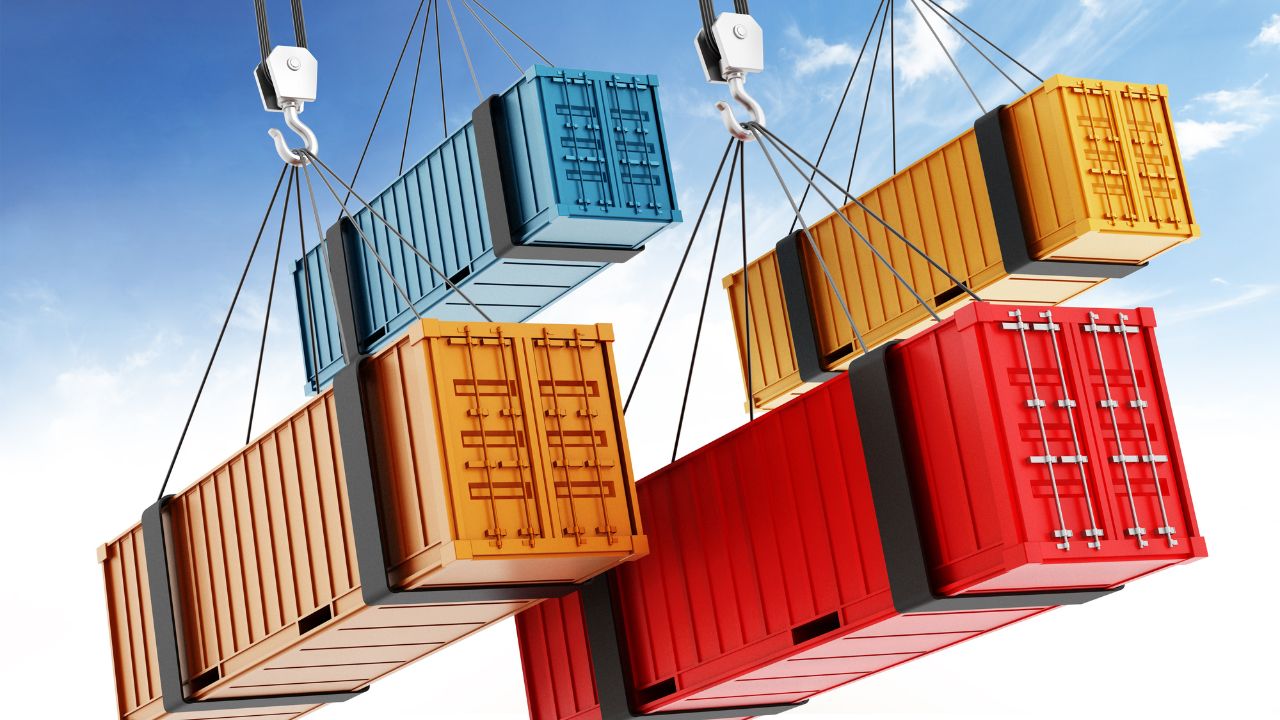The international trade industry has experienced a severe container shortage in the last three months. Hence, the global shipping and trade industry is currently facing an unusual predicament. The container shortage in global trade is similar to the situation during COVID-19. It is estimated that spot freight rates have surged by 105 per cent in the present time.
The container shipment is a marvel for the industry. The containers have revolutionized international trade. This has made trade more accessible and cost-effective for businesses worldwide. The containers can affordably ship thousands of items from hundreds of different companies.
The COVID-19 pandemic and the Red Sea crisis have resulted in an unpredictable container shortage in global trade. In such a situation, the entire supply chain continues to get disrupted. And there could be massive supply chain bottlenecks. Supply chain disturbance can have major impacts on inflation and distribution delays.However there are many ways or you can say many schemes to overcome this cost or inflation.
One star export house is one of the scheme that helps in cost reduction of export goods.One star export house certificate plays a crucial role in reducing costs and mitigating inflation for businesses engaged in international trade. By obtaining this certification, companies gain access to various government incentives, including duty exemptions, tax benefits, and preferential treatment in customs clearance. These financial advantages help lower the overall cost of exporting goods, making products more competitive in global markets.
Industries like fashion, food, footwear and high-value perishables are shifting towards air cargo. There are two major reasons for disruptions in global shipping and industry. The container shortage began during the early days of the Covid-19 pandemic. This container shortage in global trade continued due to geopolitics and military conflicts.
The Red Sea crisis and attacks on international shipping by Houthi rebels disturbed maritime routes. This prevented the movement of container ships, resulting in delays and rerouting of the flow of goods. Along with these crises, weather anomalies like drought in the Panama Canal created bottlenecks and shortages.
In this article, we will discuss the impact of container shortage on global trade and shipping costs. This situation has not only affected developing countries like Africa, but the economies of developed countries have also suffered losses.
Key Impacts of Container Shortage on Global Trade
The container shortage in global trade has led to significant disruptions. The eyebrow-raising situation has disproportionately affected developed and developing countries. The need for time is internationally coordinated and collaborative efforts to address the economic burden on
nations. Here are the 5 key impacts of container shortage on global trade:
Disruption in International Trade Flow
The container shortage in global trade and imbalance have serious consequences on the shipping industry and sustainability. The shortage has disrupted the international trade flow between major consumer markets. Particularly Asia, Europe, North America and Africa, as these continents heavily rely on import and export routes.
Due to the COVID-19 pandemic, trade routes are paralyzed. This has also resulted in significant delays, cancellation of shipments and movement towards fewer destinations like Africa. Countries which lie peripheral to the main trade route have been collateral victims of the container shortage.
Explosion of Freight Rates
Freight rates are the charges applied on international goods transportation by cargo modes like shipping or air. These rates are determined by several factors such as the weight of the goods, distance, current market conditions and container shortage in global trade. The rates are critical components in supply chain management and logistics. The raised prices can have adverse effects on the costs of goods and business strategies.
The container shortage in global trade led to an explosive increase in freight rates globally. The surge in cost is estimated to have increased 5 fold in this condition of container shortage in global trade. The rising costs are ultimately passed on to the consumers which contributes to a situation of inflation. This surge is particularly burdensome for developing countries like in
Africa and Asia.
Port Congestion and Delays
Port congestion during container shortages in global trade causes significant delays in shipping goods from ports. This situation typically arises during high demand for goods in the international market. The shortage of enough containers causes insufficient goods shipping, delays and backlogs.
The combination of congestion at ports and container shortages in global trade creates a ripple effect in the supply chain. In such a situation, shipping industries face container imbalance, delays, and increased operational and freight costs.
The container shortage in global trade exacerbated logistical bottlenecks. During port congestion, ships are unable to load and unload cargo efficiently. Further, the cost burden also increases by some demurrage and detention charges.
Increase in Air Cargo Traffic
As there is a container shortage in global trade through maritime trade. This disruption has led shipment companies to shift their strategies. One such strategy is an increase in air cargo as companies seek to avoid delays. This increase in the transporting of goods through the air has also increased air cargo traffic. Major shipping companies have invested in air cargo operations. This could also result in a possible long-term shift in global logistics strategies.
Shipping companies have also adopted the strategy of redirection. They are redirecting the empty containers to high-demand and freight rates regions, such as Asia and the US. These shifts are exacerbating the scarcity and costs in developing countries in the African continent.
Economic Impact on Developing Countries
In the article so far we have discussed that container shortage in global trade results in delays and increased shipping costs. This situation has a direct economic impact on developing countries. The delays in the shipment of goods, raise the costs of imports and exports and ultimately contribute to inflation.
Conclusion
Container shortage in global trade along with port congestion and container imbalances slows down international trade. Such a situation leads to economic disruptions and challenges for businesses and consumers.
Since international trade heavily relies on the smooth transportation of goods. The situation of container shortage in global trade can disrupt several industries worldwide. This creates a huddle from manufacturing to retail and raw materials to finished goods.
Despite this chaotic situation, shipping lines have recorded precedent profits earning billions of dollars. This raises concerns that the shipping companies may have manipulated the market to maintain high freight rates, although this remains speculative. The container shortage in global trade combined with geo-political and military instability in Red Sea regions has further complicated the situation.




